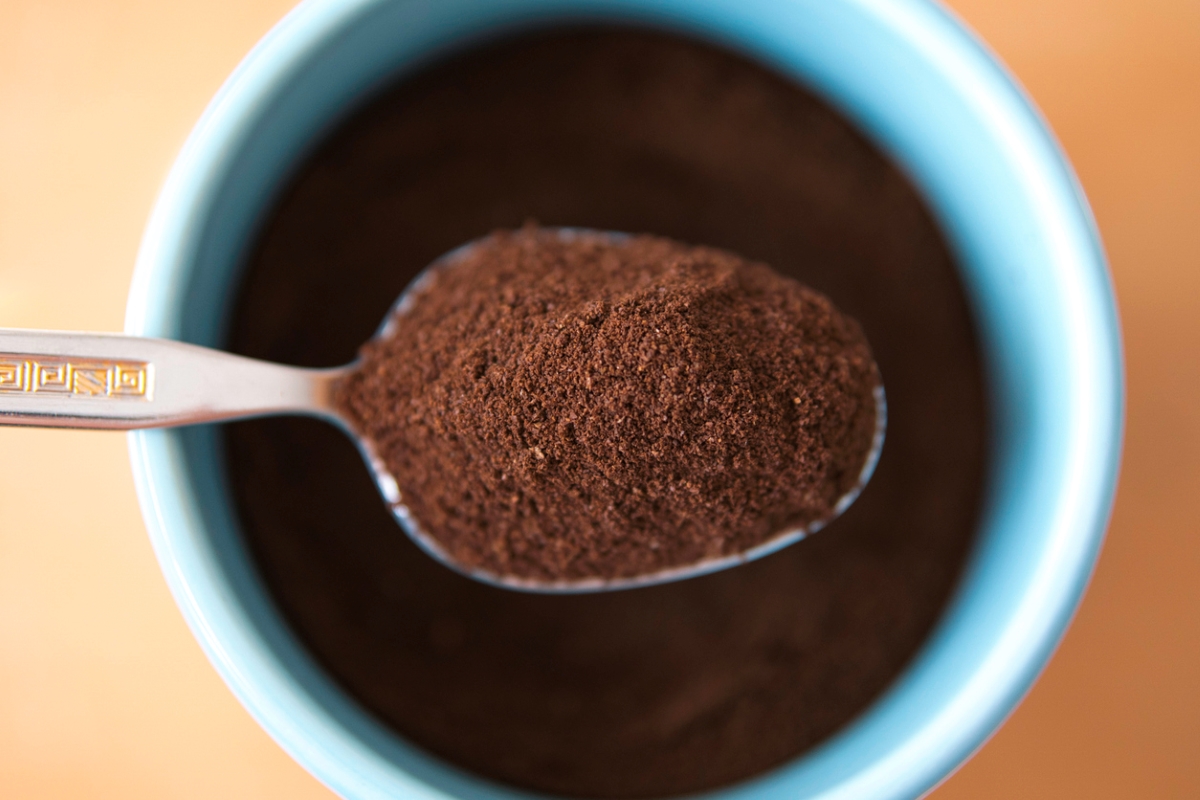

We may earn revenue from the products available on this page and participate in affiliate programs. Learn More ›
Every time you dump used coffee grounds into the trash, you’re adding to the millions of tons of coffee waste that piles up in landfills around the world each year. Do your part for the planet, and feel better about your habit, by keeping coffee grounds out of the waste stream and putting them to good use. If you’re hooked on K-Cups, take the time to collect the spent cartridges, cut them open, and empty out the grounds for use around the house and garden. Discover how useful used coffee grounds can be and then, with your conscience clear, sit down to savor a steaming, aromatic mug of magic.
1. Enrich Your Compost Pile
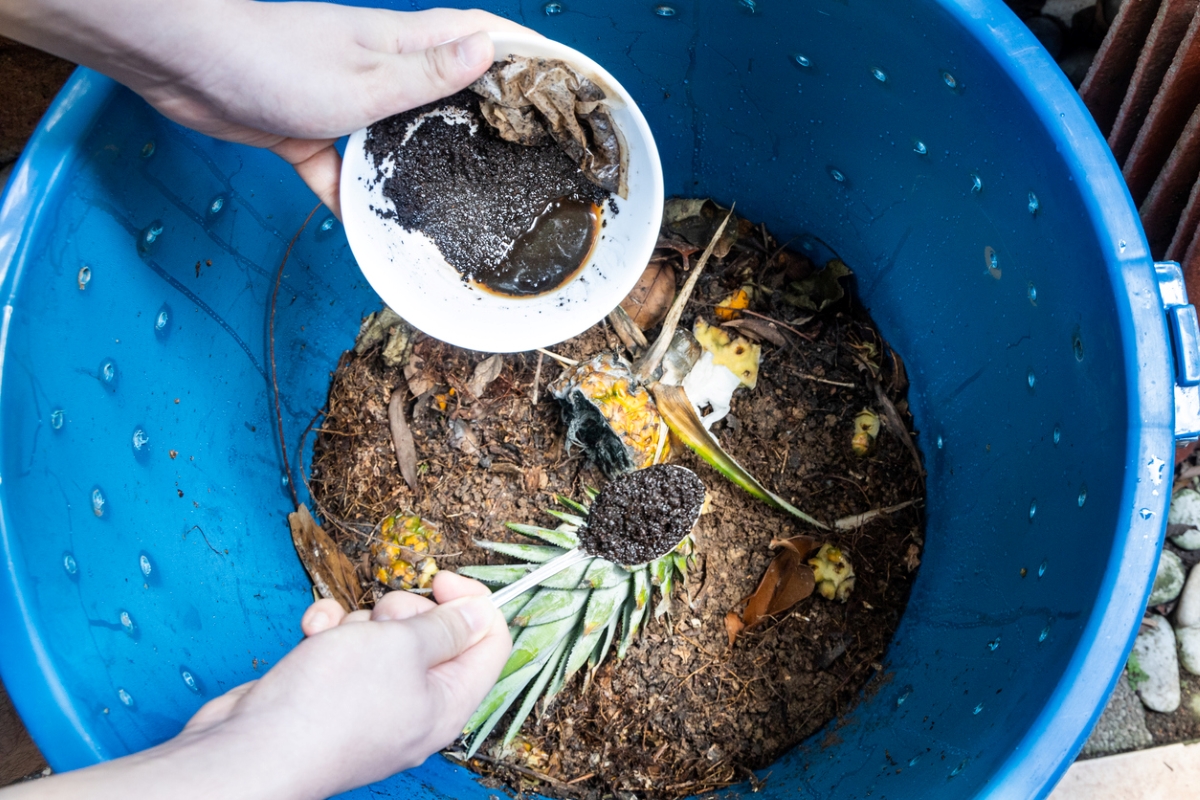
Coffee grounds are chock-full of nitrogen, which helps speed decomposition by feeding the microorganisms that break down the biological material in the compost bin. Coffee grounds also contain other trace nutrients, including potassium and magnesium. Just pour in the grounds, mix, and be on your way.
2. Attract Worms
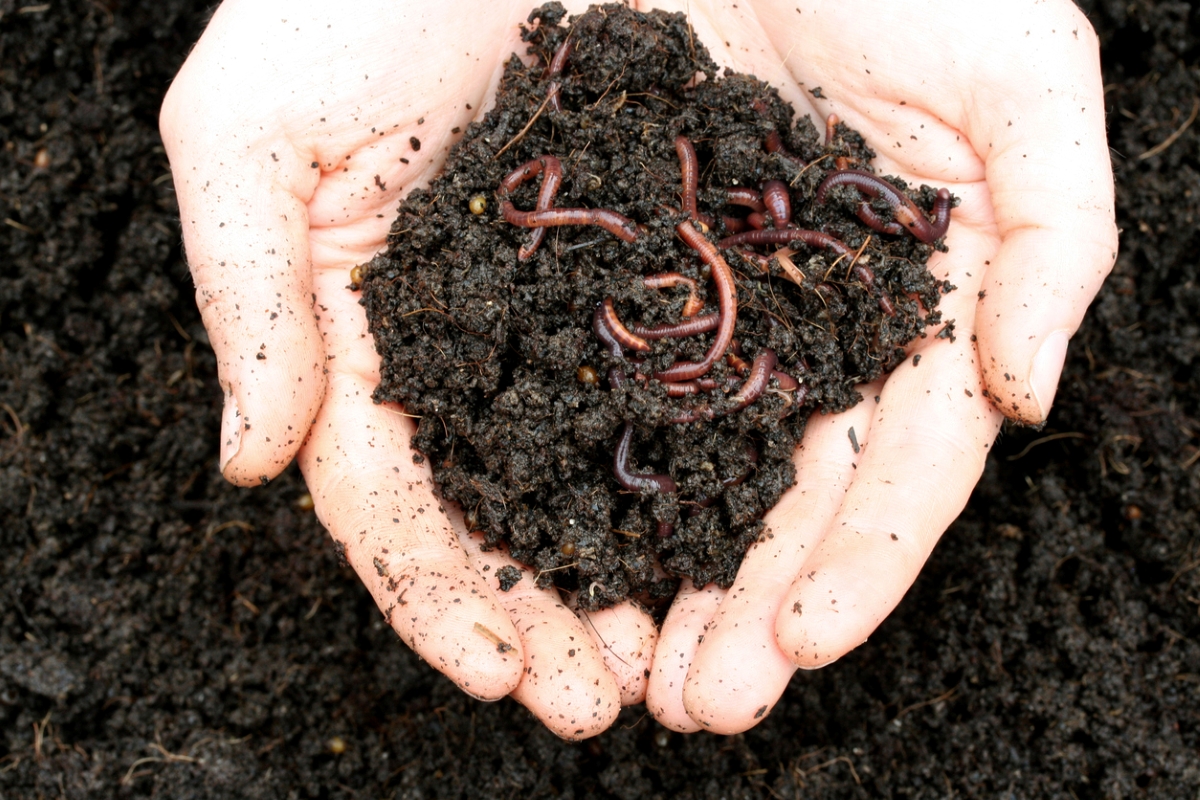
Everyone knows that worms are beneficial for the lawn and garden, but what you may not know is that worms are attracted to coffee grounds. The grounds are gritty, and worms need that grit to aid in their digestive process. If you are using worms as fishing bait, mixing coffee grounds into the soil in the bait box will help keep the worms fresh and wriggling all day long.
RELATED: 15 Secret Ingredients to Make Your Garden Grow
3. Repel Slugs and Snails
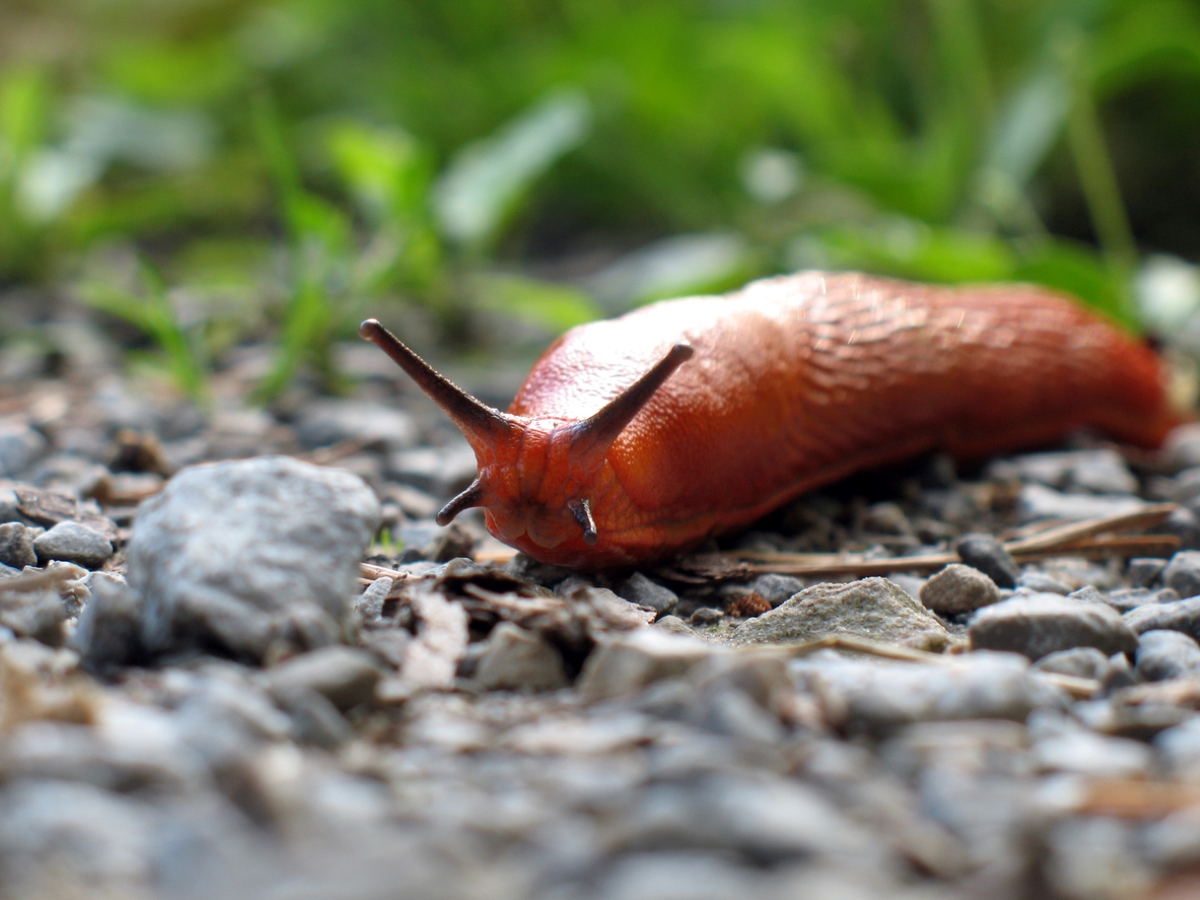
The same gritty texture that attracts worms to coffee grounds acts as a natural repellent to slugs, snails, ants, and other insects that can’t stand coffee’s acidity. Sprinkling coffee grounds in garden beds around sensitive plants (or mounding up a ring of coffee grounds a few inches out from the base of those plants) will keep these pests away.
4. Scat, Cat!
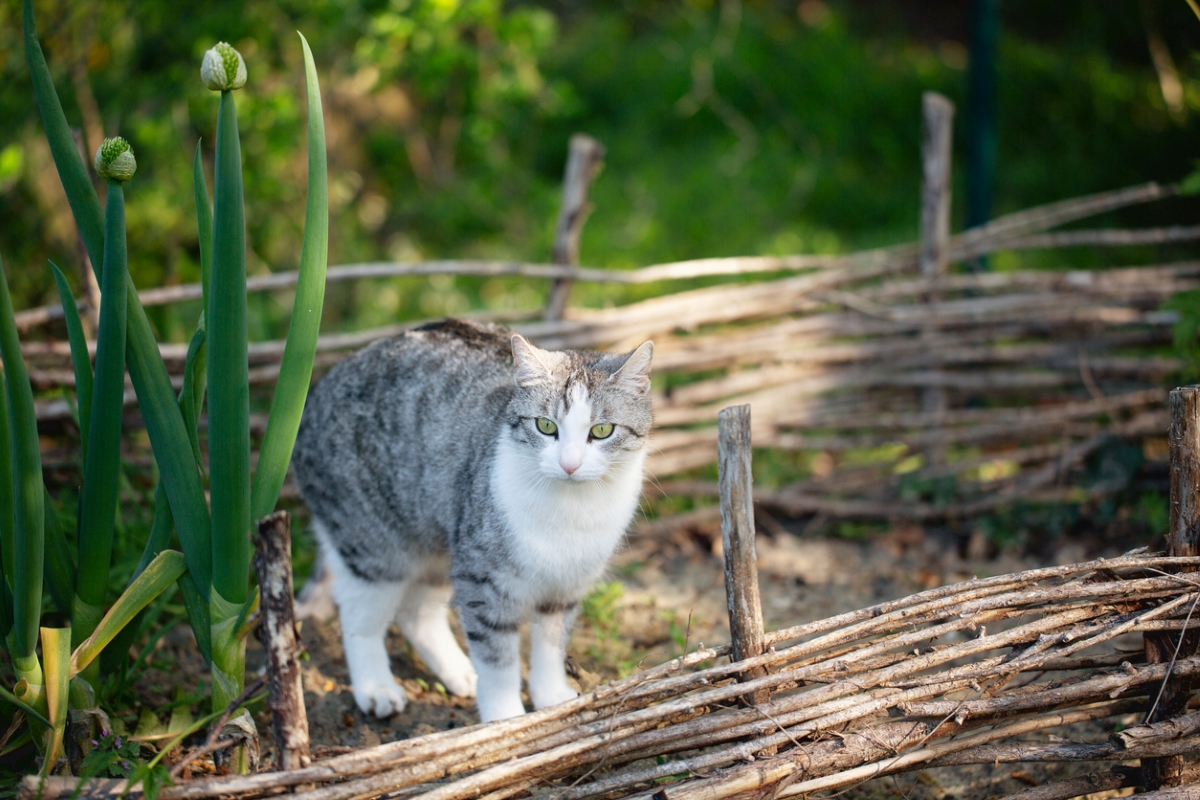
You may love the neighborhood kitties, but it’s kind of gross when they use your garden as a litter box. Sprinkle some coffee grounds around your flower and vegetable garden beds to encourage cats to go somewhere else. You can also place coffee grounds around your indoor houseplants to deter kitty from snacking on the leaves.
5. Freshen the Fireplace
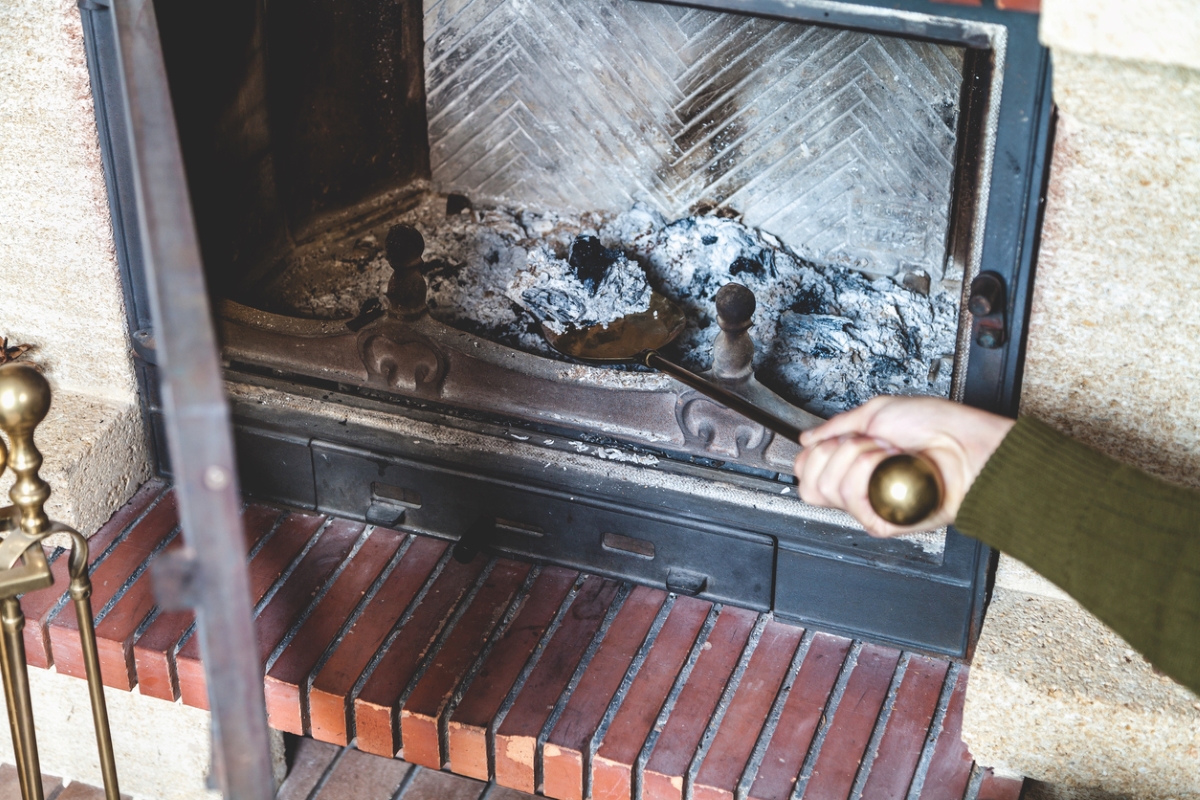
Before you clean out your fireplace, sprinkle the ashes with damp coffee grounds to minimize flyaway dust and debris. When cleaning the hearth at the end of the season, sprinkle a layer of dried coffee grounds along the back and sides and leave them there to eliminate residual smoke odors.
6. Sweeten Smelly Hands
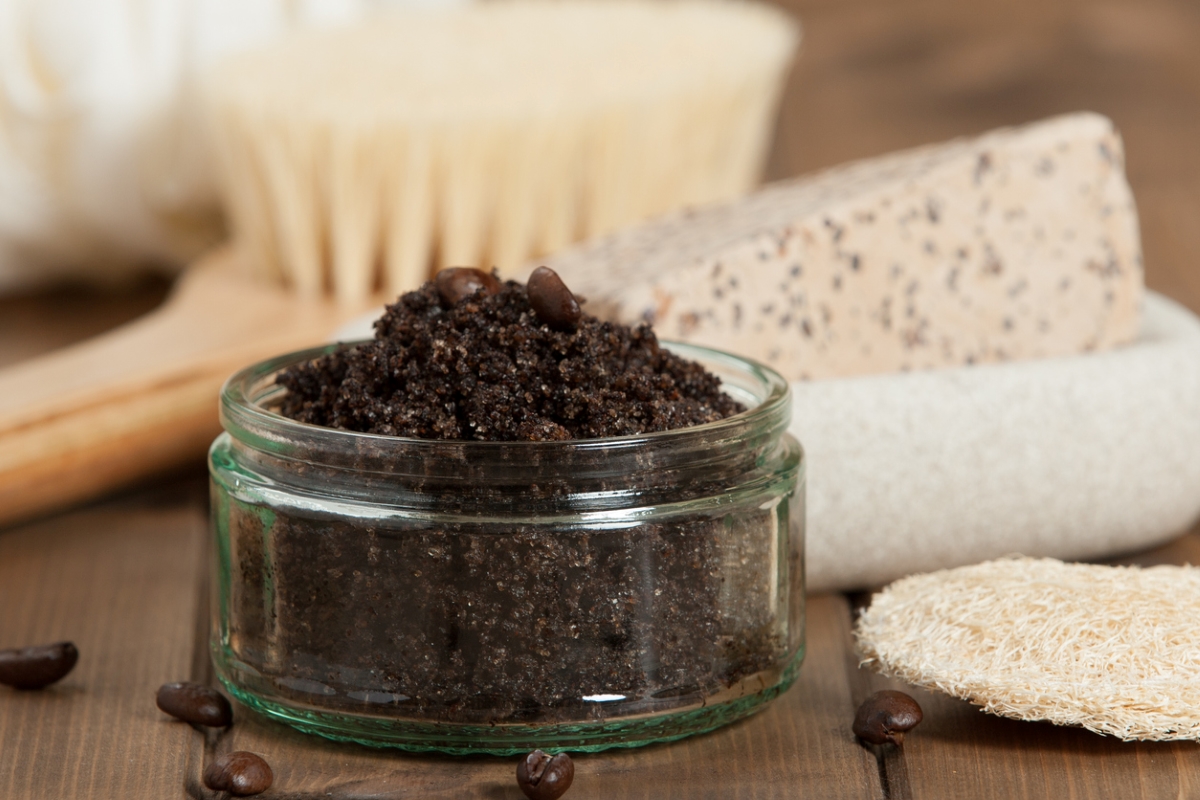
Keep a small cup of coffee grounds near your kitchen sink and use them to scrub your hands after cooking with garlic, onions, fish, or other stinky foods. The grounds will absorb the odor and also help exfoliate the skin.
7. Natural Deodorizer
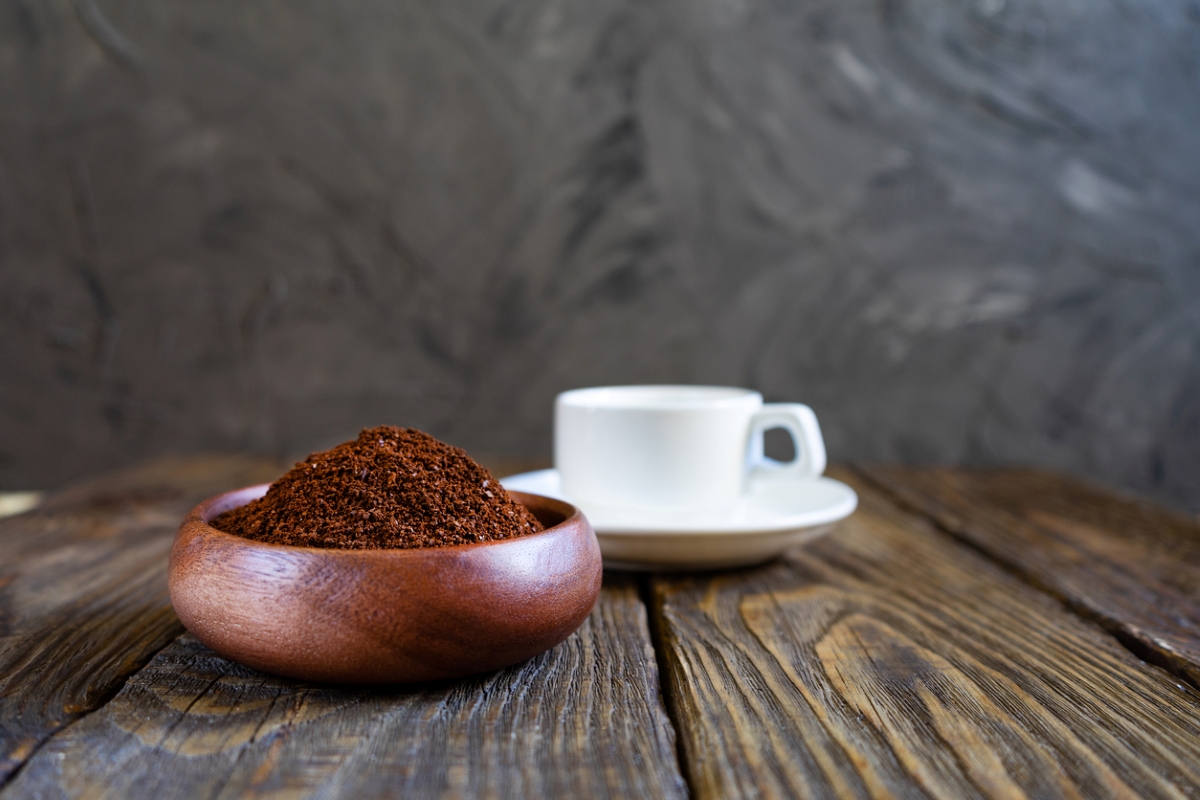
Use dried coffee grounds as a natural deodorizer for the refrigerator, freezer, closets, or car. Dry a batch of coffee grounds, and then place the grounds in an open container to absorb odors in the fridge or freezer. For closets and cars, make a little sachet of dried grounds with a piece of cheesecloth or a section of old pantyhose, tie off the ends, and then hang it.
8. Fix Furniture Scratches
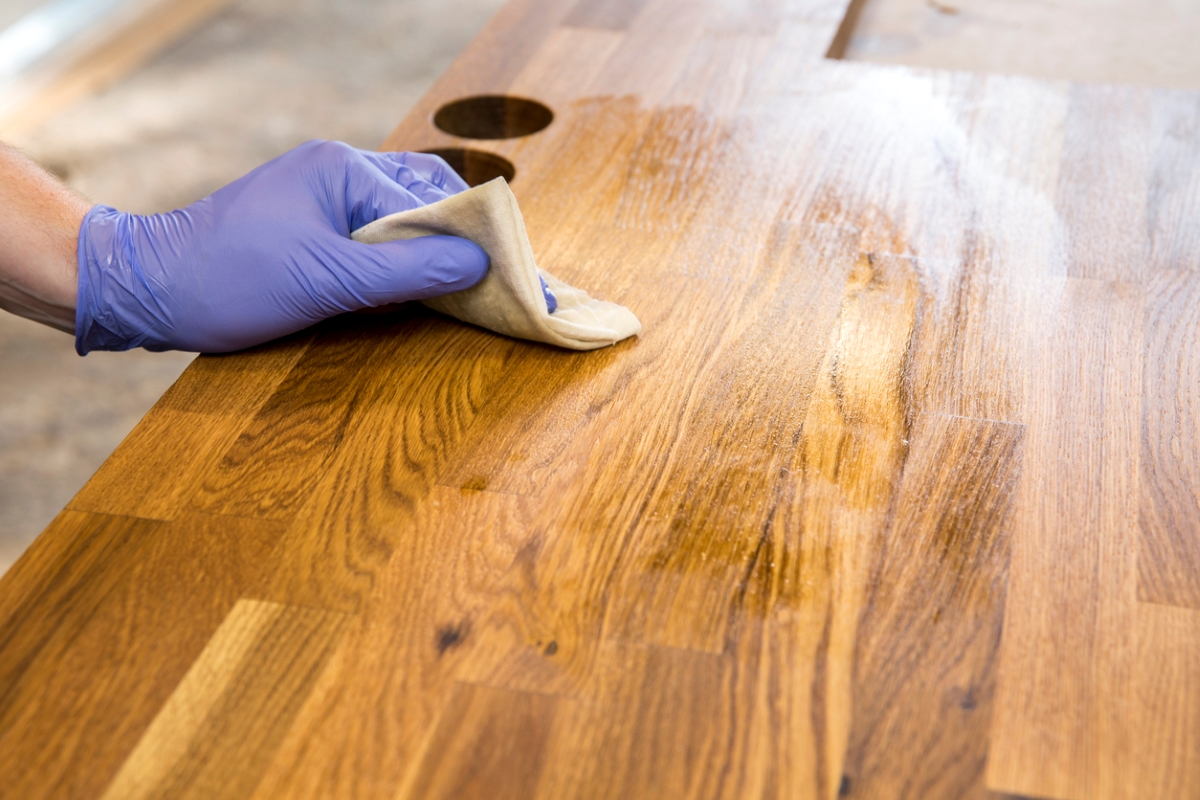
Use coffee grounds to minimize scratches and scuffs on dark wood furniture. Start by placing some damp coffee grounds on the scratch, then work them in with a cotton swab. Let the grounds sit for 5 to 10 minutes, and then buff with a clean, soft cloth. You may need several applications, depending on the darkness of the finish. You can also rub coffee grounds on light wood furniture to create a weathered or antique appearance.
RELATED: 10 Genius Ways To Fix Scratches on Any Surface
9. Natural Dye for Eggs, Fabrics, and Paper
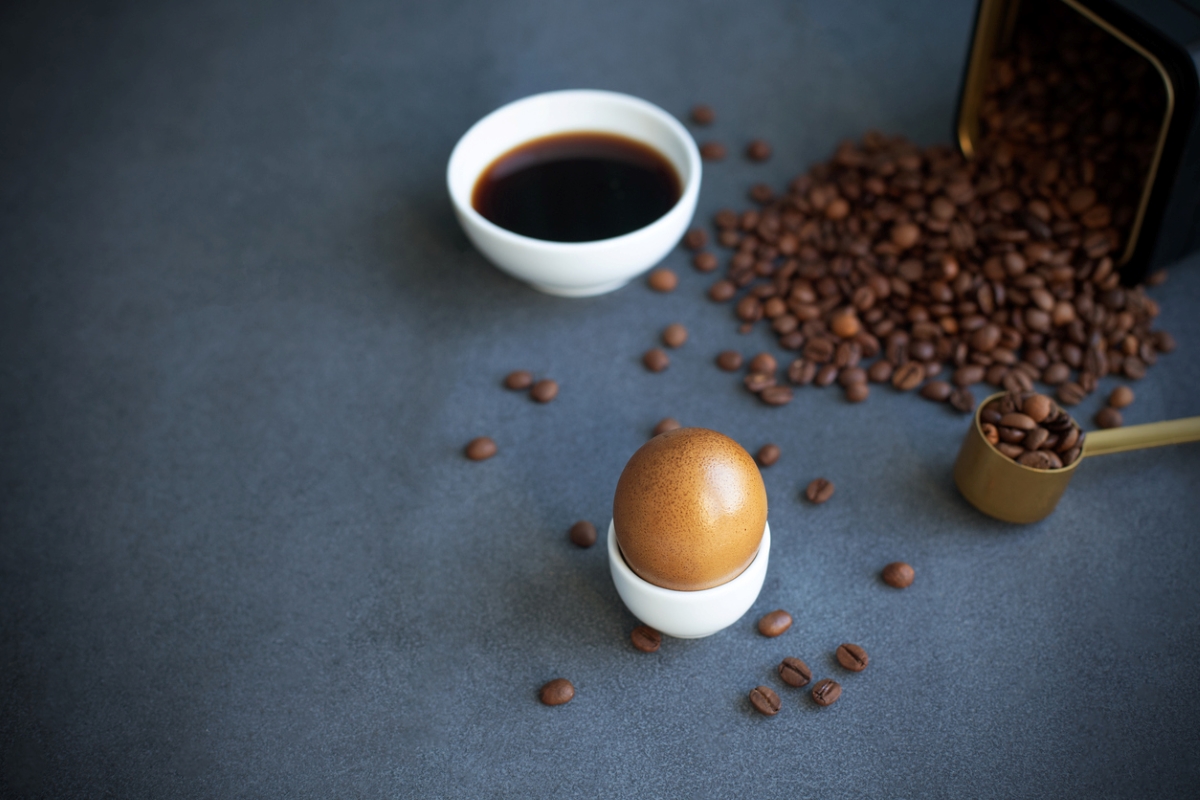
The tannins in coffee grounds make them effective for dyeing fabric, Easter eggs, or paper. Mix grounds with a little bit of water to create a slurry, and then dip the objects to be dyed into the mix. The longer you leave an item in the mixture, the darker the shade of brown you’ll obtain. To create a streaky, antiqued look on fabric or paper, rub the grounds into the material.
10. Make Your Walkway Less Slippery
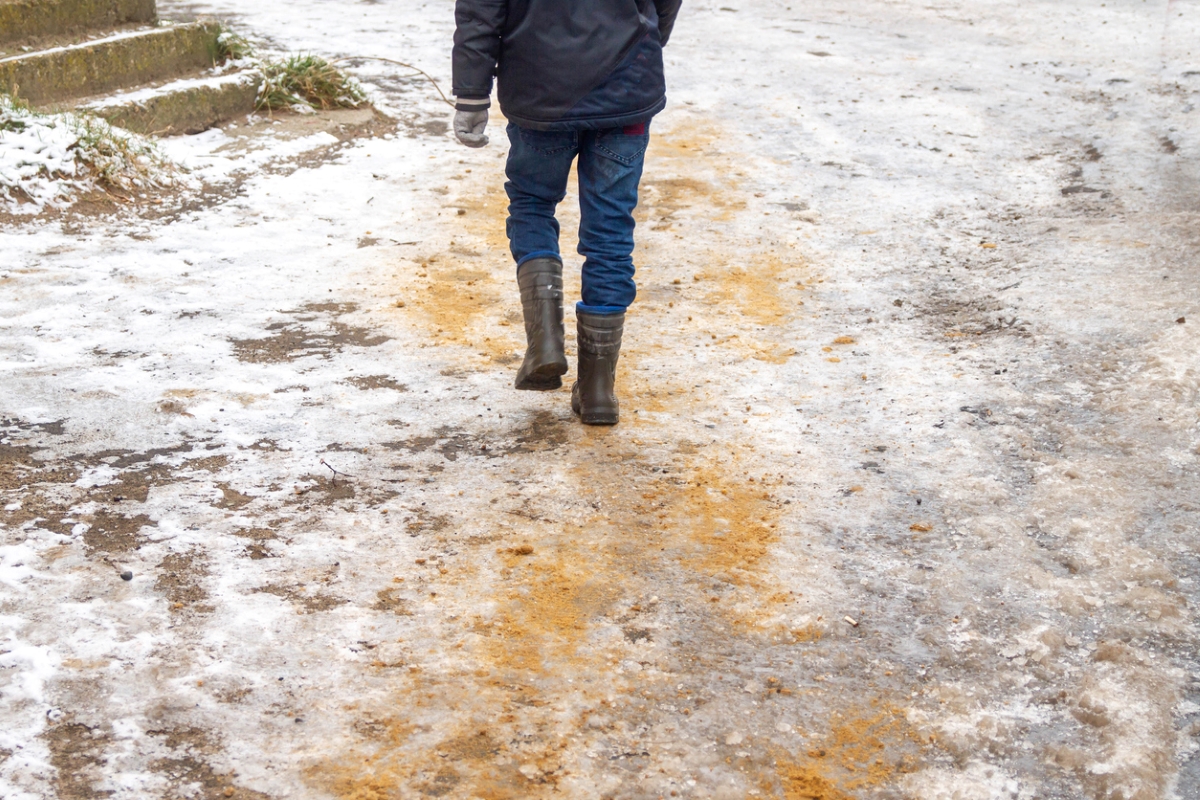
Salt is a commonly used de-icing solution for winter walkways and driveways, but it can also damage sensitive plants and over time can even wear away concrete or asphalt surfaces. Coffee grounds are a great alternative for making sidewalks and driveways less slippery; the acid in the grounds also helps melt the ice.
RELATED: 9 Ways to Melt Ice Without Salt or Ice Melt
11. Clean Outdoor Tools and Pots
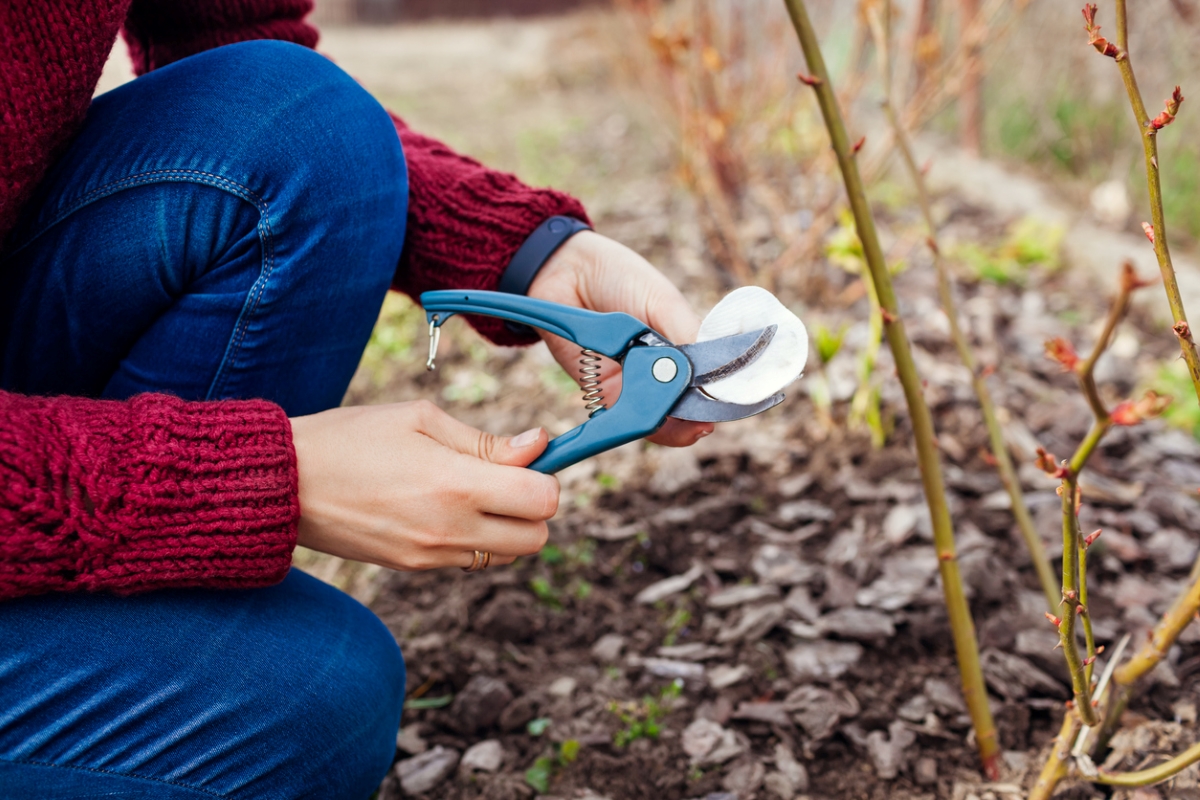
Because caffeine has antifungal and antimicrobial properties, coffee grounds are great for cleaning plant containers and gardening tools. Additionally, because the grounds are slightly abrasive, they can help eliminate caked-on mud. Just sprinkle the tool or container with used grounds (or make a paste of coffee grounds and water), and then scrub with a rag or stiff brush. Rinse and dry the tool or pot, and then let it sit in the sun before you put it away.
12. Keep Cut Flowers Fresh
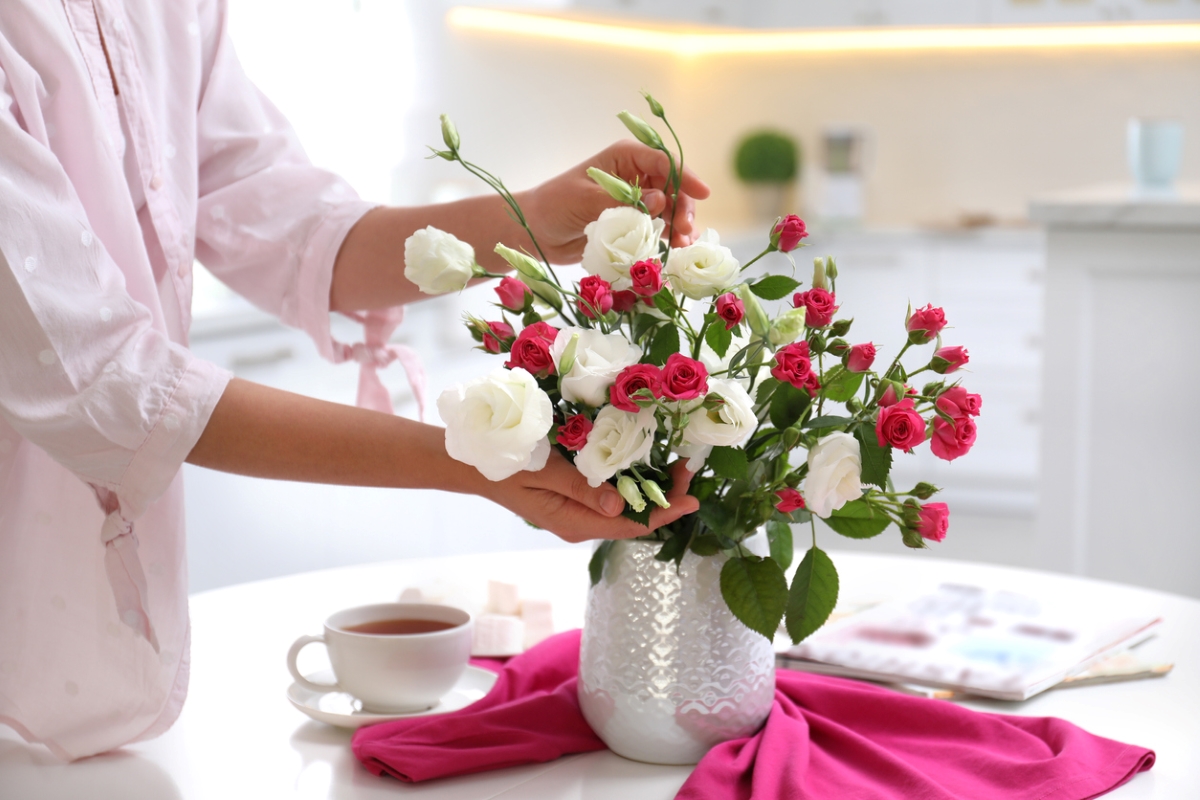
Stir a tablespoon or so of coffee grounds into the water before arranging freshly cut flowers in a vase. The nitrogen in the coffee will provide nourishment for the flowers, and the grounds can inhibit the growth of microbes that slow the flowers’ ability to take up water. Replace the water every few days.
RELATED: 10 Foolproof Flowers Anyone Can Grow
13. Improve Your Soil
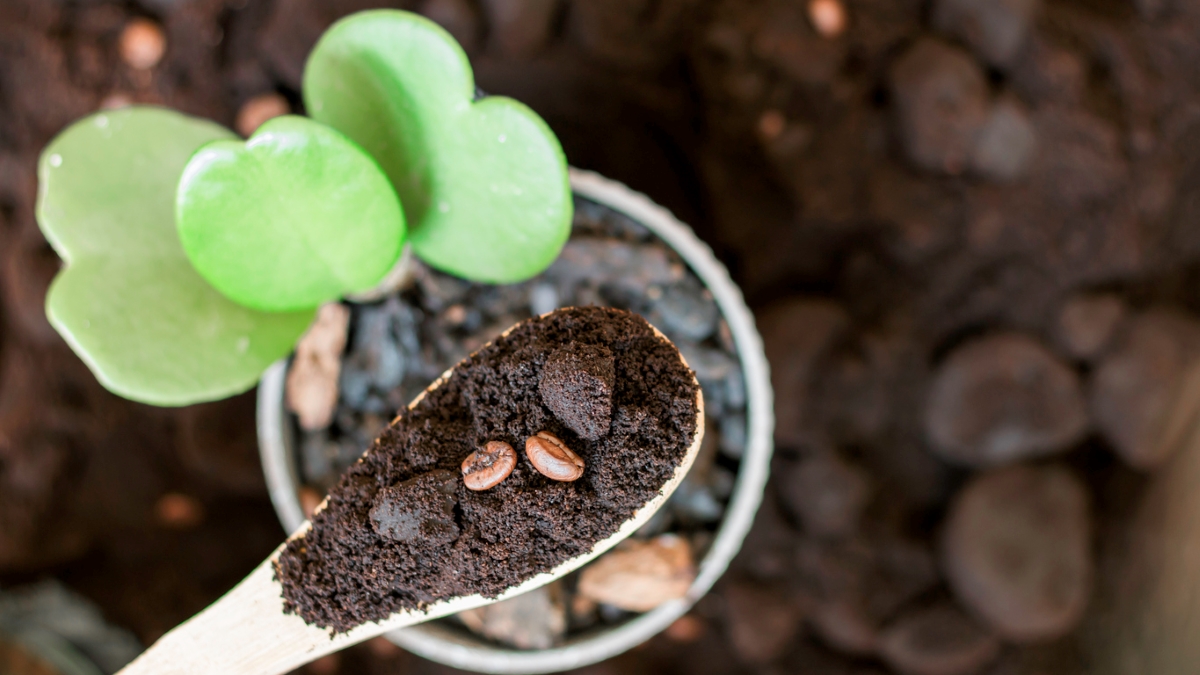
Amending your garden soil with coffee grounds can improve its structure and enhance its nutrient content, allowing it to release nitrogen slowly over time. This strategy is best as a long-term soil improvement in the garden, not as a quick fix. Be careful applying coffee directly: Caffeine can stunt root growth and suppress germination, so use coffee grounds sparingly, applying in a thin layer, or allow them to compost before mixing them into the soil.
14. Upgrade Your Cooking Game
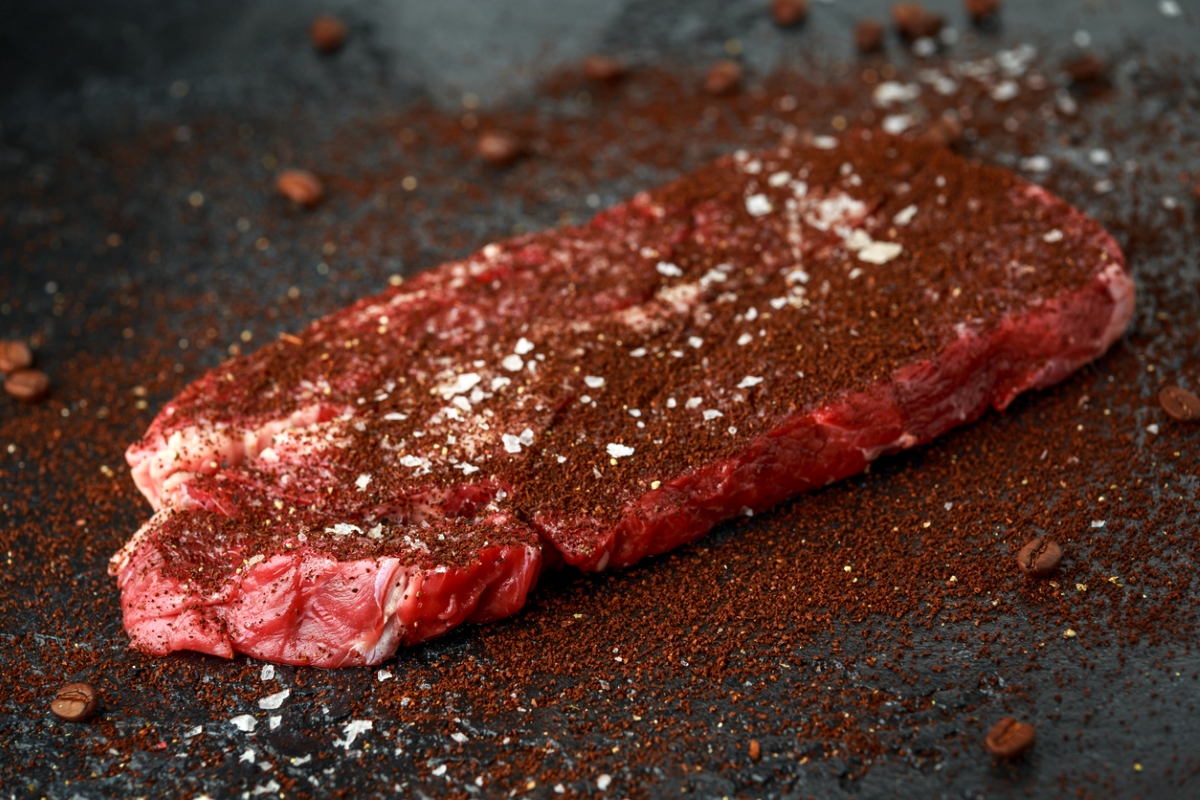
Used coffee grounds have plenty of culinary uses. Combine them with brown sugar, chile powder, paprika, and other spices for a rub that will yield a tender, succulent steak with a delicious crust. Or dry them in the oven and grind them finely to make homemade “espresso” powder to enhance the flavor of your chocolate desserts.
RELATED: 110 Things a Coffee Maker Can Do—Besides Brew Coffee
15. Clean Pots and Pans
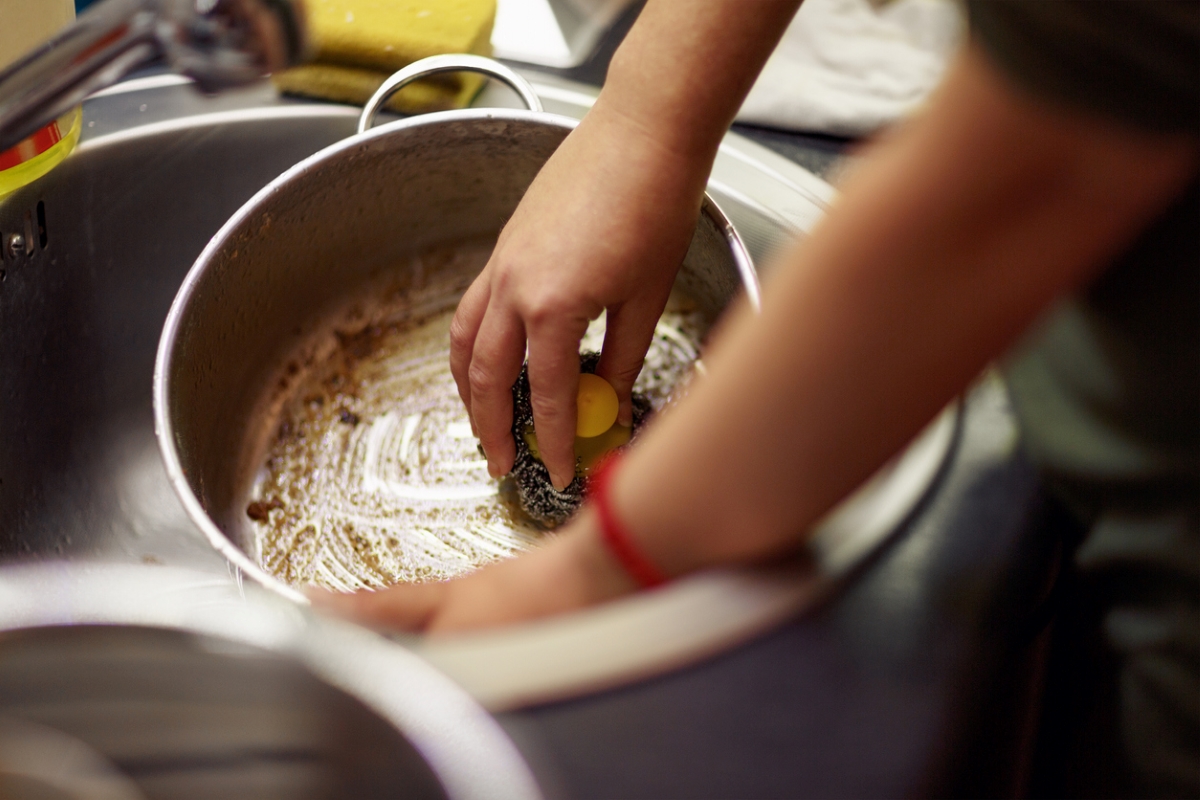
Capitalize on the abrasive quality of old coffee grounds by using them to scrub your dirty pots and pans. Just add a teaspoon or so of grounds to a wet and soapy sponge, and get to work.
16. Make Soap
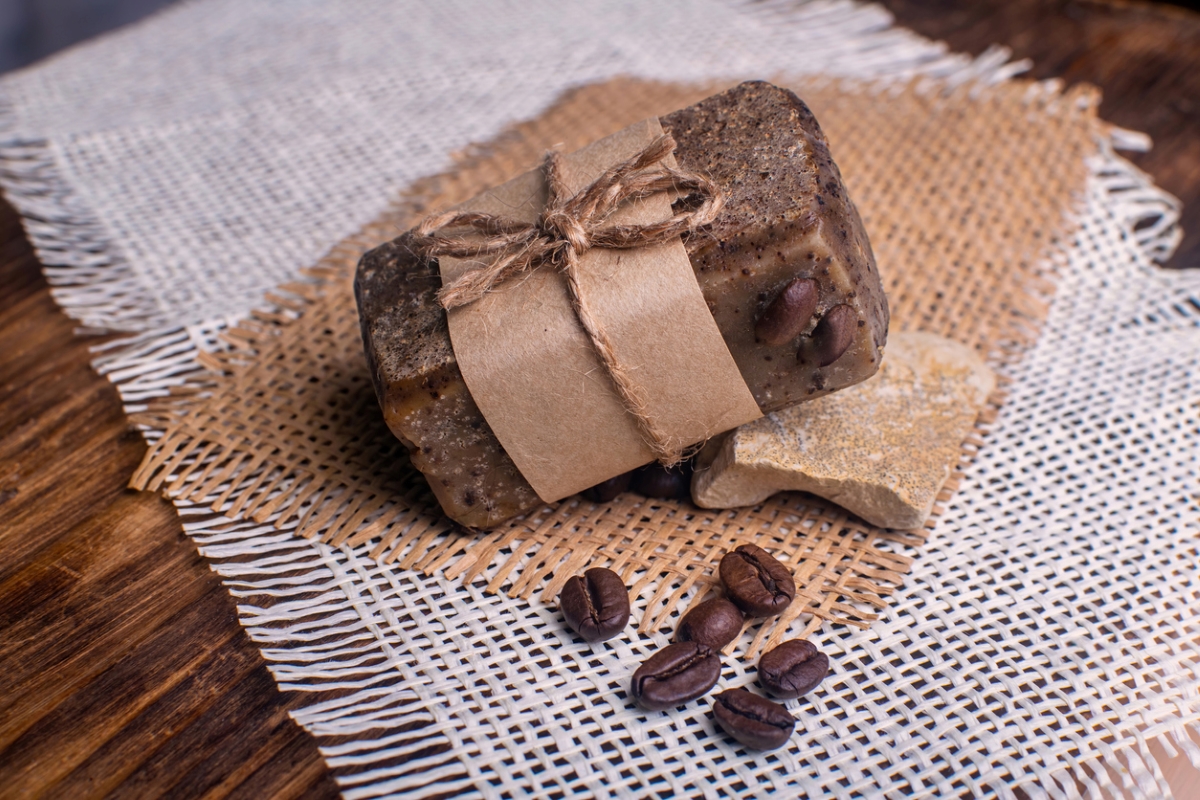
Add an exfoliating boost to your homemade soaps with used coffee grounds. The grounds will help remove dry, dead skin, plus they’ll also give the soap a more interesting appearance.
RELATED: The Best Dual Coffee Makers, According to Our Testing
17. Remove Stains From Coffee Cups
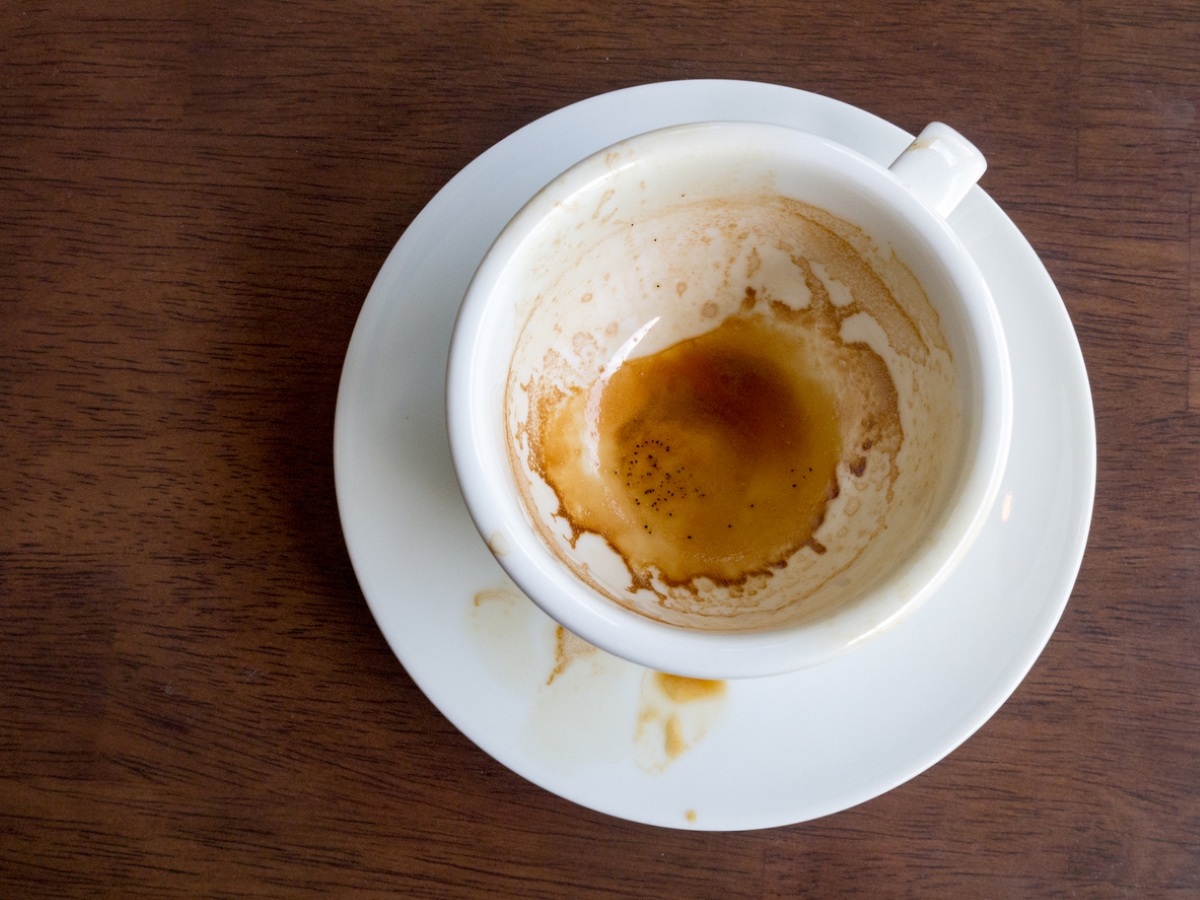
Over time, the tannins in tea and coffee can leave brown stains on the insides of teacups and mugs. Scrub those stains away with a teaspoon or so of used coffee grounds, a little water, and a paper towel or rag.
18. Clean the Grill
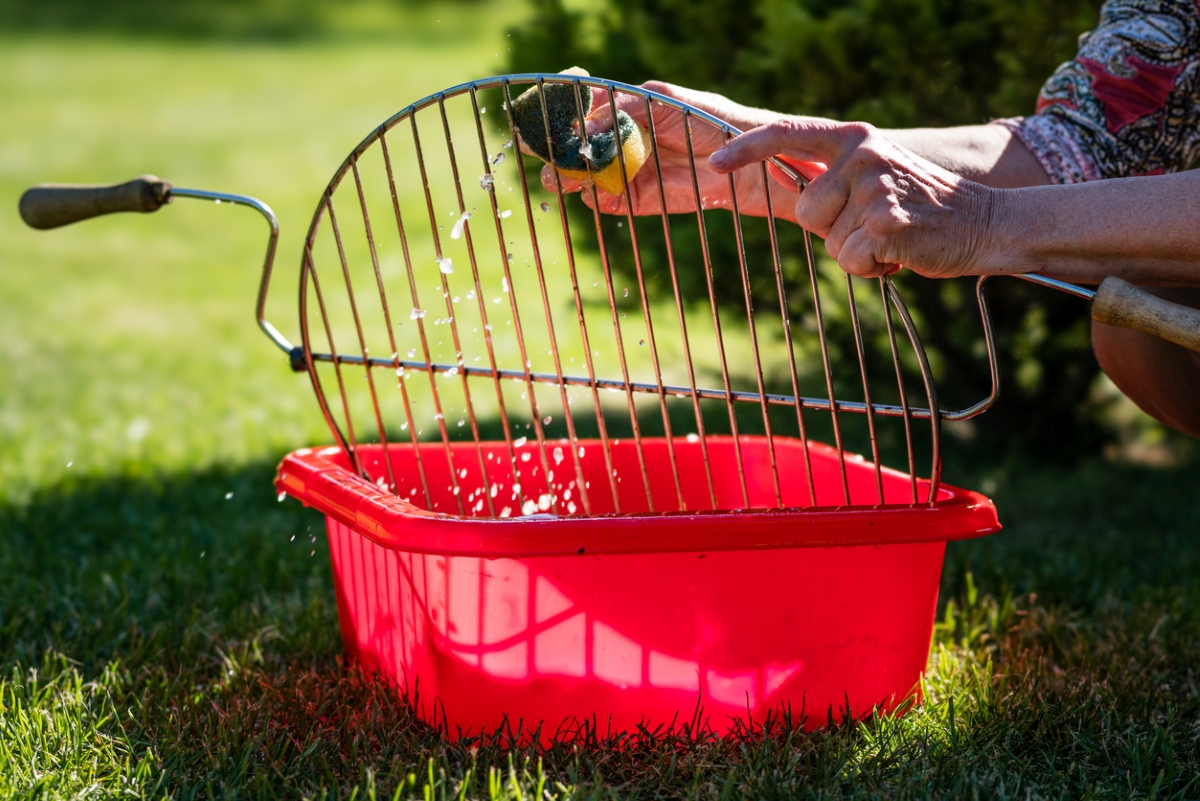
Those abrasive coffee grounds can also help get your grill clean. To zap built-up grease and residue, remove the grates, sprinkle coffee grounds on a wet sponge, and start scrubbing. Another way to go about the cleaning is toU fill a sink with warm water, add a few spoonfuls of coffee grounds, and soak the grates for about 45 minutes. This should soften the toughest grime so it’s easier to wipe away.
